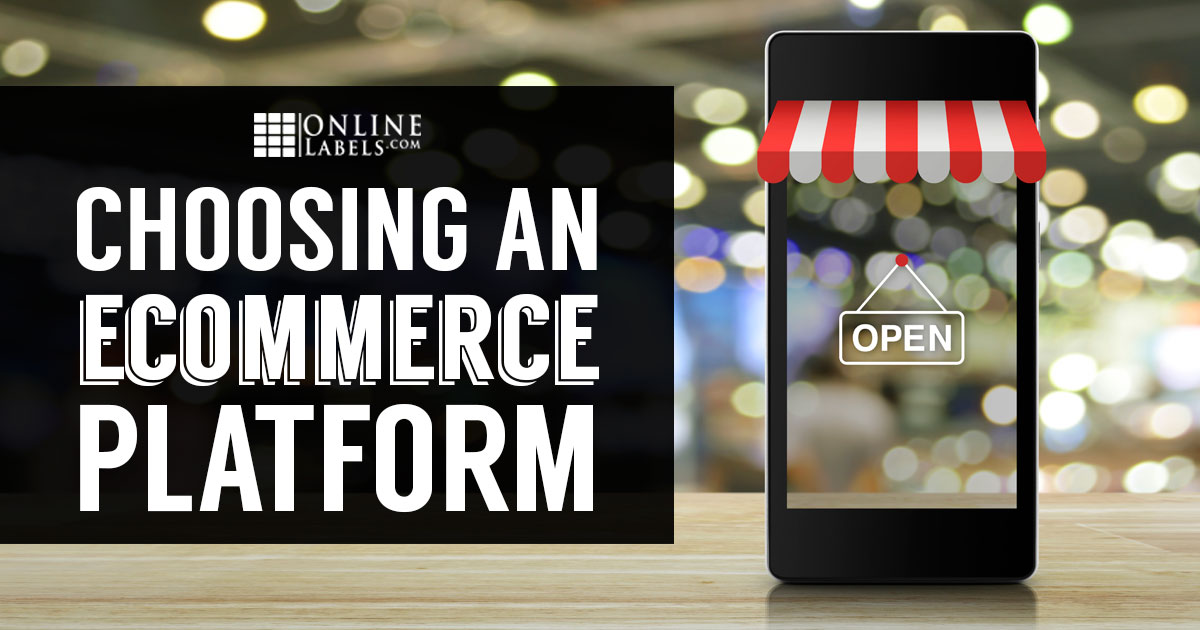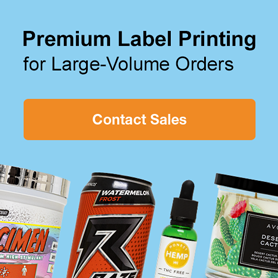Where Should I Sell My Products Online?

Instead of setting up shop up the street, businesses are turning to the Internet to find customers. As an entrepreneur aspiring to sell products or a small business looking to expand, the best place for your business to be is online. The changing retail landscape means greater opportunity to reach to a worldwide audience. But before you can start building that base of customers, you'll need to figure out where on the world wide web to sell.
Online Marketplace or Your Own Ecommerce Website?
Marketplaces like Amazon or eBay have already snagged the customers, so your product is more likely to be seen. They also offer huge advantages like name recognition, sales support, and pre-established buyer trust and loyalty. However, ecommerce sites are great for unique brands, niche consumer bases, and personalised products. For other products and services, though, customers may be looking elsewhere for answers. Let's compare the two side-by-side:
| Method | What is it? | Best for you if ... | Pros | Cons |
|---|---|---|---|---|
Online Marketplace |
Your market stand. |
You're just starting out. You're solely interested in selling products. |
Instant exposure to a huge audience Low-cost and easy to set up. |
Less control over brand-building. More competition. |
Personal Ecommerce Website |
Your storefront. |
You’ve established sales through a marketplace. You sell unique, niche, or personalised products. |
Build up your own brand instead of a marketplace's. Access customer contact information. No direct competitors. |
Initial lack of traffic to your site. Lacks trust and loyalty of big marketplaces. |
Choosing an Online Marketplace
Most people get started using a marketplace. This is an easy way to test the waters, giving you the opportunity to make sure people want to buy your product before you invest in your own online store. But it doesn't have to be the end-all-be-all. Your best strategy is probably to develop a healthy mix of both. After ramping up sales to a steady level in an online marketplace, you'll likely want to expand to your own ecommerce storefront. This way, you'll have a place to drive loyal repeat customers, collect customer contact information for marketing, and build your business and brand. Here's a quick comparison of the internet's major marketplace contenders:
| Marketplace | What is it? | Best for you if ... | Pros | Cons | Pricing |
|---|---|---|---|---|---|
Amazon |
The world’s largest online retailer. |
You sell niche, hobby, or refurbished goods that won't compete with Amazon's own sales offerings. |
Huge customer base. Easy to use. Legitimises your brand. |
You could be competing with Amazon directly if it also sells your product. Competitors may undercut your price. |
Individual plan: $0.99 per item. Professional plan: $39.99/month. Both: Referral fees and variable closing fees. |
eBay |
The original auction site. |
You sell rare or branded items like vintage goods and collectibles. |
Global reach. One of the most long-standing marketplaces. |
Bidding can lead to wasted time if you have to relist an item. Fairly impersonal feel. |
Under 50 items/month: $0 listing fee + 10% final value fee up to $750. eBay stores: $19.95 - $349.95/month + 3.5% - 9.15% final value fee up to $250. |
Etsy |
A marketplace for crafty, creative products. |
You sell handmade goods, vintage items, or craft supplies. |
Etsy buyers often have more cash to spend. More easily personalised. |
PayPal fees included. |
$0.20 listing fee + 3.5% transaction fee + (3% + $0.25) payment processing. |
Bonanza |
A fast-growing marketplace focused on unique items. |
You're in the fashion industry or specialise in one-of-a-kind finds. |
The Managed Merchant program can do tasks like create listings to free up your time. |
Lacks name recognition. |
3.5% of Final Offer Value for standard booths. |
CafePress |
A hub where retailers design and sell merchandise produced by CafePress. |
You're a designer who wants to focus on creating innovative designs rather than manufacturing products. |
CafePress produces your design and handles all payment transactions, deliveries, and returns. |
Your designs risk being crowded out. |
No up-front costs. 10% of all royalties. Pre-paid: $5 - $6.95/month |
Choosing an Ecommerce Platform
Your online storefront requires a website and an online store. Your website hosts your store, just like a retail suite would host your physical store. The two are not one and the same. Like a physical shop, you can either rent or own your space. In ecommerce terms, you can rent by using a "hosted or cloud-based platform" or use a "self-hosted" platform you own. Below, we've broken down the basics of a few common hosted and self-hosted ecommerce platforms:
Hosted (Cloud-Based) Ecommerce Platforms
These platforms are ones you rent. They're great if you're not tech-savvy, but you're ready to set up shop fast. They give you a site and a store all-in-one which can be easier for beginners. Because they're owned by someone else, you can have less control and flexibility to customise.
| Platform | What is it? | Best for you if ... | Pros | Cons | Pricing |
|---|---|---|---|---|---|
Shopify |
Online store builder geared towards beginners. |
You're a newbie business. |
Great, modern designs. User-friendly. |
Only three default product attributes that you can use. |
$9 - $179/month |
BigCommerce |
Online store builder geared towards small-to-medium sized businesses. |
You're a fast-growing brand or a high-volume business. |
Advanced product settings. Apps integrate your store with other services. |
Designs are outdated in places. |
$29.95 - $199.95/month |
Self-Hosted Ecommerce Platforms
This is the space you own. It's great if you're experienced with code or website building, or you're willing to invest in someone who is. You own it, so there's greater freedom and control to customise. In turn, this could make it difficult or expensive to manage.
| Platform | What is it? | Best for you if ... | Pros | Cons | Pricing |
|---|---|---|---|---|---|
WooCommerce |
Open-source platform that runs 30% of all ecommerce sites. |
You're a smaller business not looking for big growth. |
Simple to setup. Great integrations with coupon codes and email marketing. |
Not as many features as some platforms. Must have site on WordPress. |
Free for the base plugin. Modestly-priced extensions. |
Magento |
Leading platform for self-hosted ecommerce. |
You intend to grow and scale extensively. |
Scalable. Advanced SEO resources. |
Complex system. Customisation or trouble-shooting can be expensive. |
Free for the Community version. Customised Enterprise version requires a quote and can range from $15,000 to $50,000/year. |
And, that's it. As with most things, the most important step is getting started. Take what you've learned here, choose the platform best for you (without overthinking it), and start selling. When it comes time to label products or dispatch them, give us a shout. Our customer service team would be happy to help you find the right label for your needs. Just give them a call at 0203 051 9664 or submit a support ticket.


